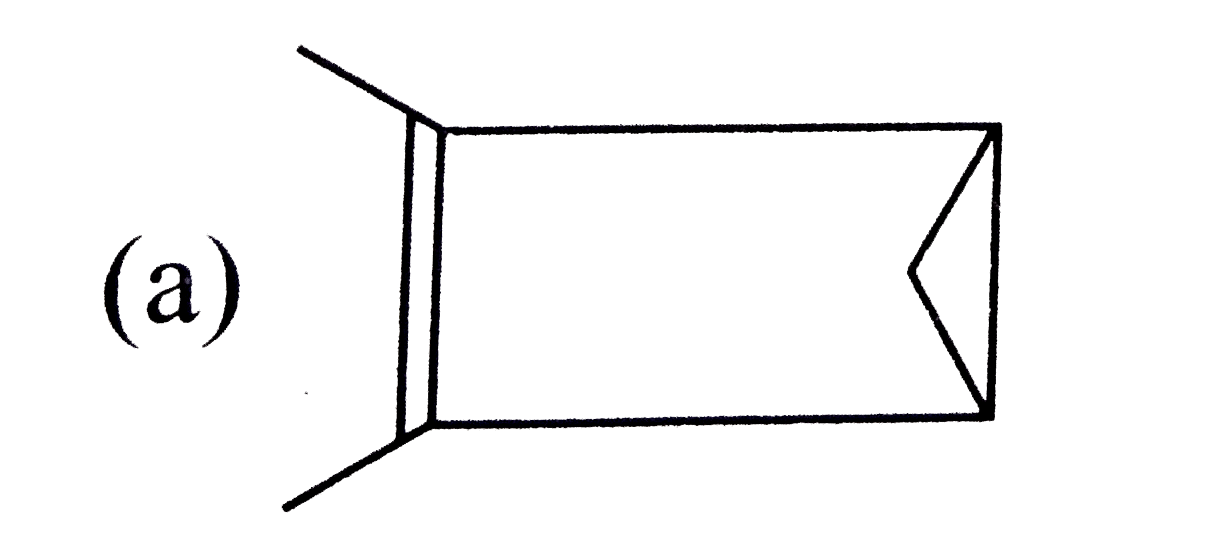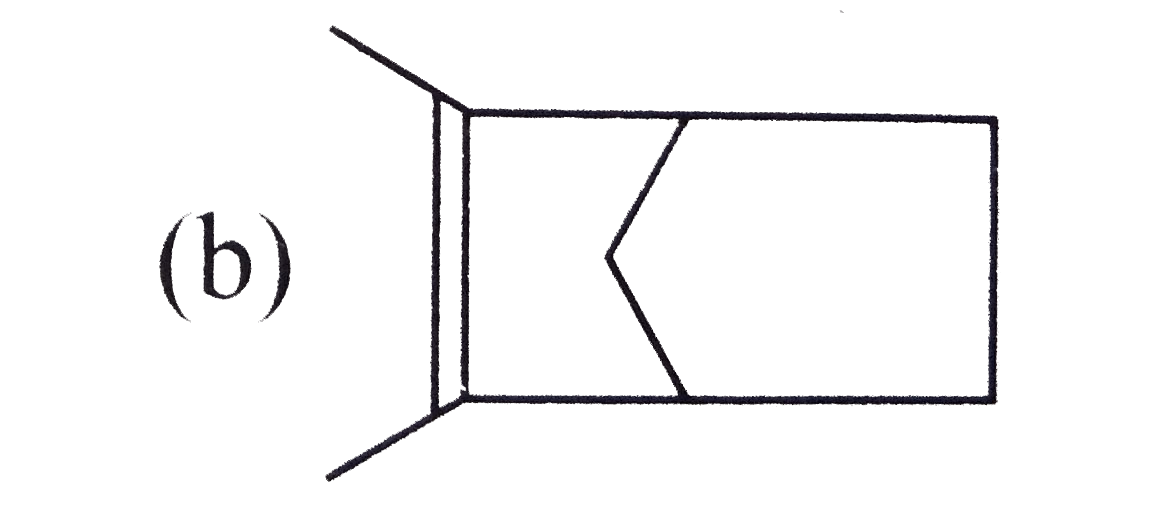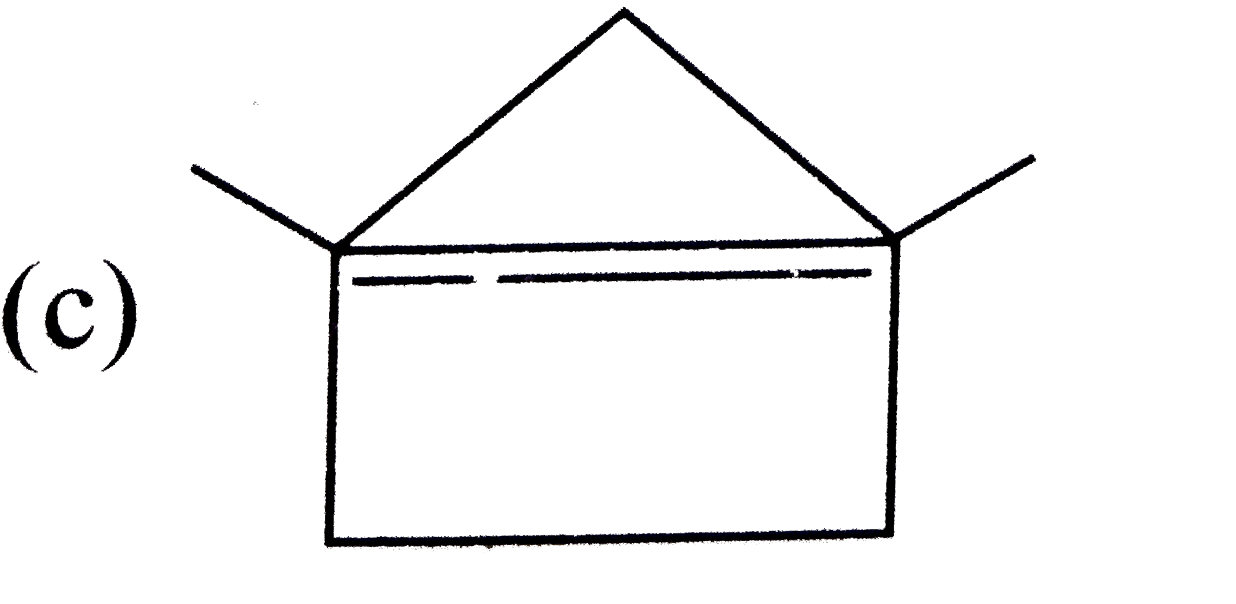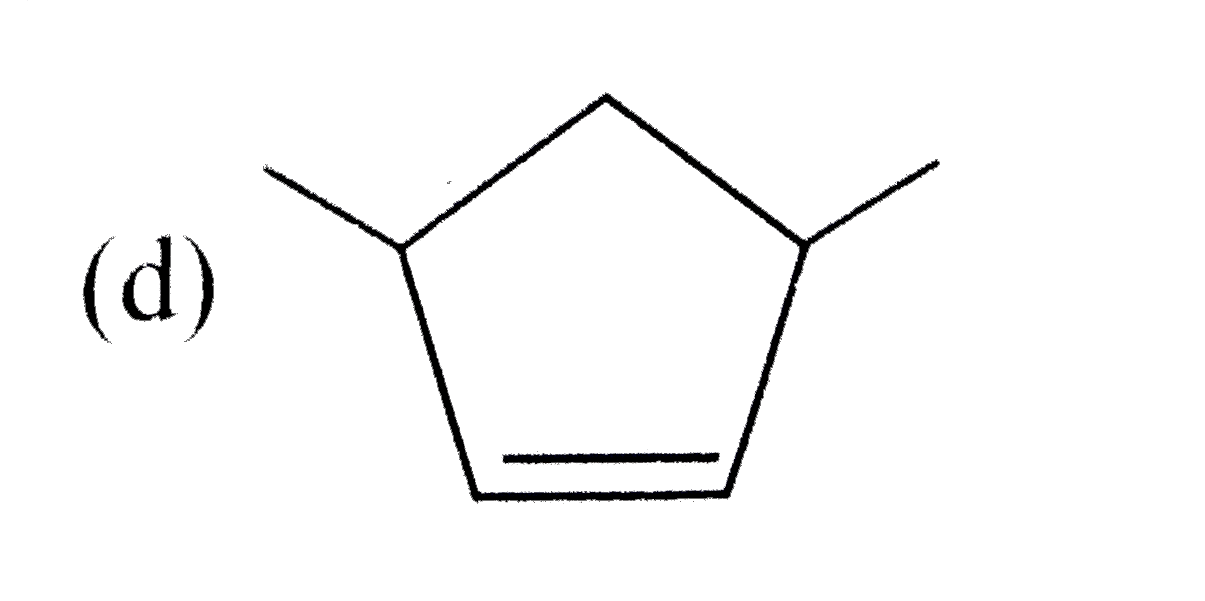A chemical reaction is catalyst X. Hence X
A
reduce ethalpy of the reaction
B
decreases rate constant of the reaction
C
increases activeation energy of the reaction
D
does not affect equilibrium constant of reaction
Video Solution
Text Solution
The correct Answer is:D
Catalyst does not affect equilibrium constant.
|
Updated on:21/07/2023
Topper's Solved these Questions
- BOOK - A2ZCHAPTER - CHEMICAL EQUILIBRIUMEXERCISE - Assertion - Reasoning Questions5videos
CHEMICAL EQUILIBRIUM
- BOOK - A2ZCHAPTER - CHEMICAL EQUILIBRIUMEXERCISE - Section D - Chapter End Test30videos
CHEMICAL EQUILIBRIUM
- BOOK - A2ZCHAPTER - CHEMICAL EQUILIBRIUMEXERCISE - NEET/AIPMT Questions20videos
CHEMICAL EQUILIBRIUM
- BOOK - A2ZCHAPTER - CHEMICAL BONDING AND MOLECULAR STRUCTUREEXERCISE - Section D - Chapter End Test30videos
CHEMICAL BONDING AND MOLECULAR STRUCTURE
- BOOK - A2ZCHAPTER - CHEMICAL THERMODYNAMICSEXERCISE - Section D - Chapter End Test30videos
CHEMICAL THERMODYNAMICS
Similar Questions
Knowledge Check
- Question 1 - Select One
 Hence X is A
Hence X is A B
B C
C D
D
- Question 2 - Select One
In chemical reaction , the catalyst :
Aalters the amount of productsBlower the activation of energyCdecreases ΔH of forward reactionDincreases ΔH of forward reaction - Question 3 - Select One
In a chemical reaction , a catalyst used for
ADecreases the energy of activationBIncreases the energy of activationCDoes not change energy of activationDDecreases or increases the energy of activation
A chemical reaction has catalyst X. Hence X
View SolutionA chemical reaction has catalyst X. Hence X
View SolutionA chemical reaction is catalyzed by a catalyst' X'. Hence the catalyst 'X'
View SolutionAn exothermic chemical reaction is catalyzed by X . Which of the following statements is correct in this context?
View SolutionA chemical reaction has catalyst X. Hence X
View Solution

